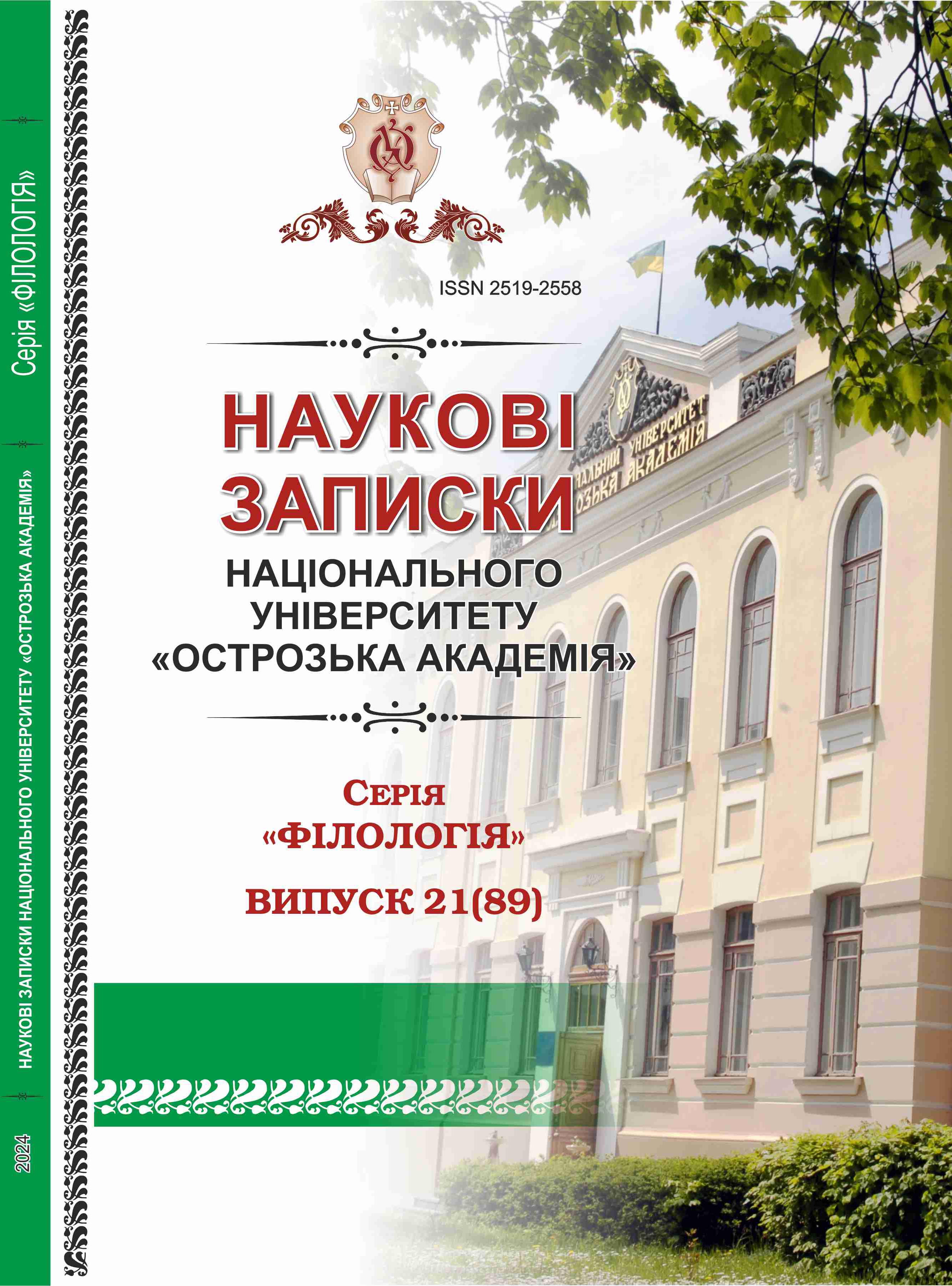TECHNOLY IN LANGUAGE TEACHING
Keywords:
information-communicative technologies, cooperative learning, a project method, authentic materials, computer-assisted language learning, computer mediated communication, digital literacyAbstract
Nowdays modern computer information technologies as well as computer literacy are an intergal part of university course. So this article analyzes the problems referred to the process of digital transformation of education which caused in definite changes in requirements concerning teachers’ professional competence. Majority of teachers consider computer technology as a useful tool to introduce new aproaches and methods in the process of ESL teaching, what makes classes more effective and stimulating. Among characteristics of modern digital education there are some worth mentioning, for instance: personalized and differentiated learning; a variety of design and research activities in digital format; an opportunity to widen stidents’ knowledge through continuous self-assessment, use of information and educational resources as a pedagogical teaching tool, etc. The article focuses on changes of the role teachers perform in the class as they must become a guide for students in the information space. What’s more, they are to encourage their students to participate in cognitive and research activities, work in a team and so on. The meaning and content of educational technologies in digital education are also gradually being transformed, since it has become possible to use cloud technologies, social networks, electronic educational platforms, distance learning systems, etc. in the learning process.

